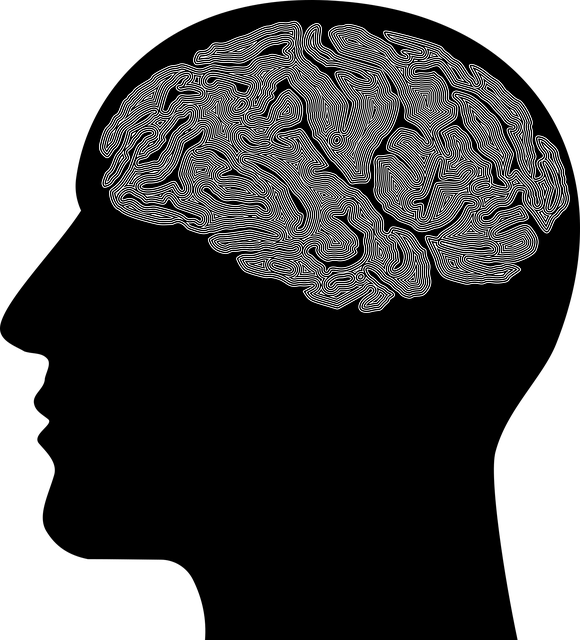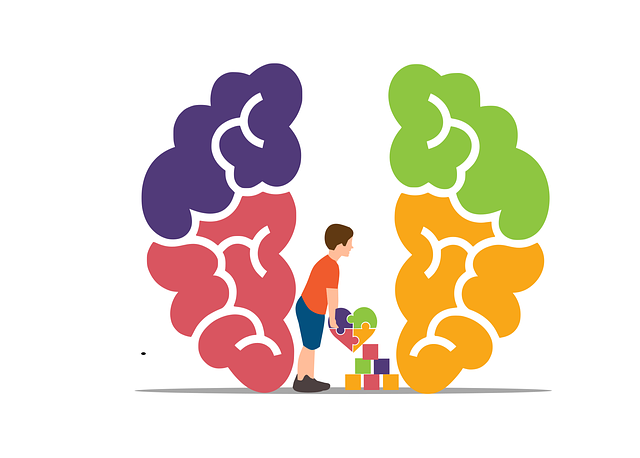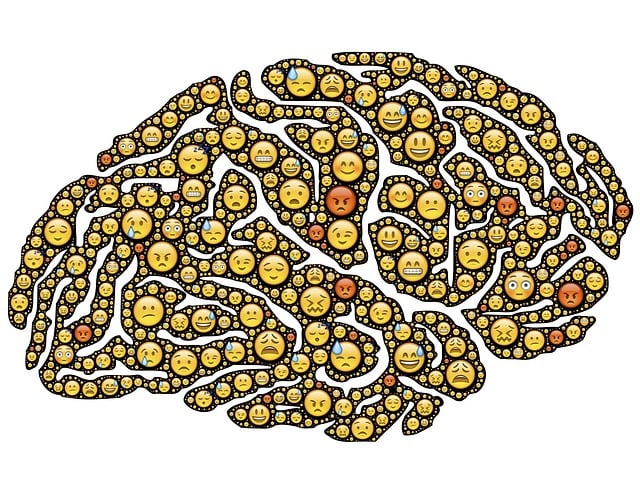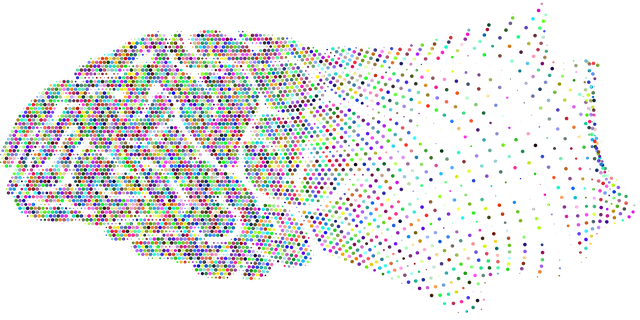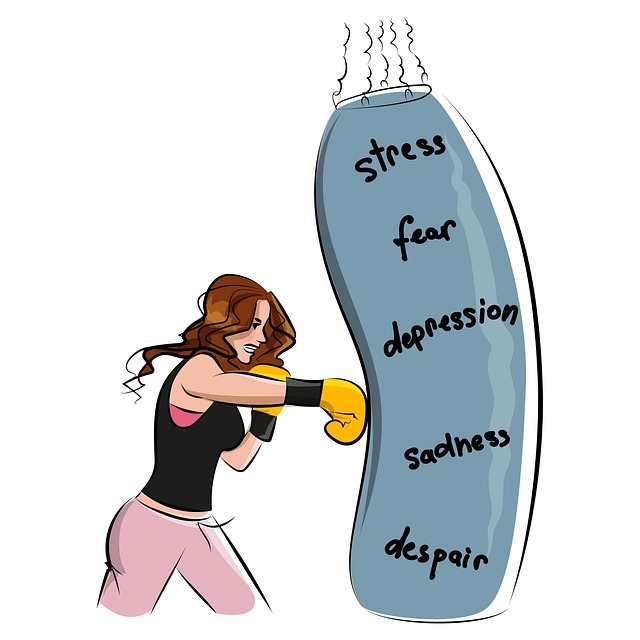Aurora Suicide Prevention Therapy employs a multi-faceted approach to harm minimization, focusing on risk assessment and proactive intervention. By identifying vulnerabilities like mental health issues, traumatic experiences, access to means, and social isolation, the therapy predicts potential hazards. This enables the design of targeted interventions such as mental health education programs and community resilience strategies to reduce risks. Harm minimization strategies include conflict resolution techniques, stress management workshops, and mindfulness meditation, fostering supportive environments for at-risk individuals. Aurora Therapy combines specialized guidance with mental wellness journaling exercises, enhancing risk assessment and reducing suicide attempt likelihood through improved mood management and fostered resilience.
Risk assessment and harm minimization planning are critical components of comprehensive suicide prevention strategies. This article delves into essential aspects of these processes, offering practical insights for identifying vulnerabilities and predicting outcomes. We explore harm minimization strategies tailored for safeguarding individuals at risk, with a particular focus on the role of Aurora Suicide Prevention Therapy in effective comprehensive risk management. By understanding these elements, professionals can enhance their ability to prevent tragic losses and foster healthier communities.
- Understanding Risk Assessment: Identifying Vulnerabilities and Predicting Outcomes
- Harm Minimization Strategies: Practical Approaches to Safeguarding Individuals at Risk
- The Role of Aurora Suicide Prevention Therapy in Comprehensive Risk Management
Understanding Risk Assessment: Identifying Vulnerabilities and Predicting Outcomes

Understanding risk assessment is a cornerstone in harm minimization planning, particularly in fields like Aurora Suicide Prevention Therapy. It involves identifying vulnerabilities within individuals or communities that could lead to adverse outcomes. By thoroughly assessing risks, professionals can predict potential hazards and take proactive measures to mitigate them. This process includes recognizing factors such as mental health issues, past traumatic experiences, access to means, and social isolation, which are known to increase the likelihood of suicide attempts.
In the context of Aurora Suicide Prevention Therapy and beyond, this understanding is crucial for designing effective interventions. For instance, identifying low self-esteem improvement as a vulnerability can inform the development of targeted mental health education programs. Similarly, recognizing the impact of public awareness campaigns can enhance strategies aimed at fostering community resilience. Effective harm minimization planning leverages these insights to create safer environments and support systems, ultimately reducing risks and promoting well-being.
Harm Minimization Strategies: Practical Approaches to Safeguarding Individuals at Risk

Harm Minimization Strategies play a pivotal role in safeguarding individuals at risk, particularly those dealing with mental health challenges. At the core of these strategies lies a multifaceted approach that combines professional therapy, such as Aurora Suicide Prevention Therapy, with practical interventions designed to mitigate risks and promote well-being. One powerful tool is the integration of Conflict Resolution Techniques, which helps individuals navigate difficult situations with greater calmness and clarity, thereby reducing the potential for harmful outcomes.
Additionally, Stress Management Workshops Organization can empower at-risk individuals with valuable coping mechanisms. These workshops often incorporate Mindfulness Meditation as a key component, enabling participants to develop a stronger connection with their inner selves and enhance their resilience to stress. By fostering a culture of awareness and self-care, these strategies collectively contribute to creating supportive environments where individuals feel understood and equipped to overcome challenges, ultimately promoting better mental health outcomes.
The Role of Aurora Suicide Prevention Therapy in Comprehensive Risk Management

Aurora Suicide Prevention Therapy plays a pivotal role in comprehensive risk management by offering specialized guidance tailored to individuals at risk of self-harm. This therapeutic approach goes beyond traditional counseling by integrating mental wellness journaling exercises into its core practice. By encouraging regular reflection and emotional processing, Aurora Suicide Prevention Therapy aids in improving mood management and actively preventing depression. The therapy’s holistic nature equips clients with effective coping strategies, fostering a sense of resilience and enhancing their ability to navigate life’s challenges without resorting to self-destructive behaviors.
Through these journaling exercises, individuals can track their emotions, identify triggers, and gain insights into their thought patterns. This introspective process empowers them to make informed decisions about their mental wellness. By integrating such practices into risk assessment and harm minimization planning, professionals can offer more comprehensive support, ultimately reducing the likelihood of suicide attempts and promoting long-term recovery.
In conclusion, risk assessment and harm minimization planning are vital components of comprehensive suicide prevention strategies. By understanding vulnerabilities and predicting outcomes through thorough risk assessments, we can implement effective harm minimization strategies that safeguard individuals at risk. The integration of evidence-based practices like Aurora Suicide Prevention Therapy plays a crucial role in managing these risks, enhancing support systems, and ultimately reducing suicide rates. It’s important to remember that proactive navigation of these challenges fosters a safer and more supportive environment for those facing suicidal ideation.



